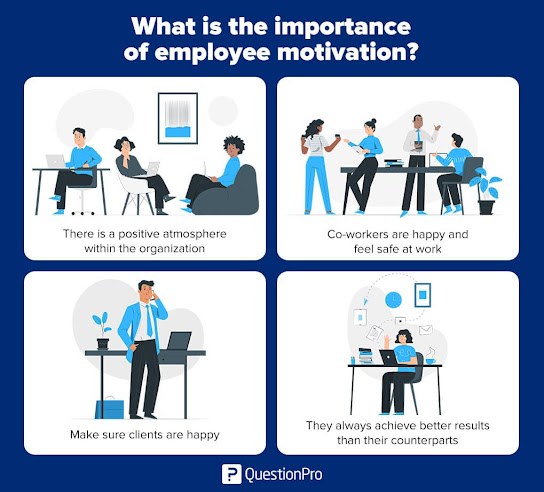ORGANIZATIONAL CULTURE
Definition
Organizational or corporate culture is the pattern of
values, norms, beliefs, attitudes and assumptions that may not have been
articulated but shape the ways in which people in organizations behave and
things get done (Armstrong, 2014).
‘Values’ refer to what is believed to be important about
how people and organizations behave.
‘Norms’ are the unwritten rules of behavior.
Organizational culture is the way that things are done in an
organization, the unwritten rules that influence individual and group behavior
and attitudes (Chartered Management Institute)
Factors which can influence organizational culture include:
- the organization's structure,
- the system and processes by which work is carried out,
- the behavior and attitudes of employees,
- the organization's values and traditions,
- and the management and leadership styles adopted.
How organizational culture develops?
The values and norms that are the basis of culture are
formed in four ways:
- By the leaders in the organization, especially those who have shaped it in the past.
- Around critical incidents – important events from which lessons are learnt about desirable or undesirable behaviour.
- From the need to maintain effective working relationships among organization members; this establishes values and expectations.
- Influenced by the organization’s environment. The external environment may be relatively dynamic or unchanging.
Harrison’s Model of Culture
Harrison (1972) presents a model of culture, known as
Harrison’s Model of Culture that divides organizational cultures into the four
categories: role, task, power, and person cultures.
- Power-oriented – competitive, responsive to personality rather than expertise.
- People-oriented – consensual, management control rejected.
- Task-oriented – focus on competency, dynamic.
- Role-oriented – focus on legality, legitimacy, and bureaucracy.
Advantages of a Strong Company Culture
- Strong corporate cultures indicate that employees are like-minded and hold similar beliefs and ethical values.
- When these beliefs and ethical values align with business objectives, they can prove to be effective in building teams because rapport and trust quickly ensue.
- The bonds that the teams build help them avoid conflicts and focus on task completion.
- Strong corporate cultures ease communication of roles and responsibilities to all individuals. Employees know what is expected of them, how management assesses their performance and what forms of rewards are available.
Image 2: Impact of organizational culture in the organizational
performance (Ahmed.M & Shaqif.S, 2014)
Conclusion
The job performance of organization has a strong impact of
strong organization culture as it leads to enhance productivity. The norms and
values of organization based upon different cultures influence on work force
management. In an organization strong culture enables to effective and
efficient management of work force employees. The net profit in an organization
helps in enhancing performance of employees. The common path for making perfect
use of resources in same cultural association helps in positive development of
organization. On basis of conditions organizational culture is helpful in
improving and providing competitive edge. The employee commitment and group
efficiency help in improving performance based upon organization
sustainability. The nature and power of organization culture influence upon
sustainability and effective of organization (SAAD.A.M & AWADH.A.M, 2013).
References
Armstrong, 2014. Armstrong’s handbook of human resource management
practice, (Available at) https://e-uczelnia.uek.krakow.pl/pluginfile.php/604792/mod_folder/content/0/Armstrongs%20Handbook%20of%20Human%20Resource%20Management%20Practice_1.pdf?forcedownload=1 (Accessed
on May 2023)
Chartered Management Institute, UNDERSTANDING
ORGANISATIONAL CULTURE. (Available at) https://www.managers.org.uk/~/media/Files/PDF/Checklists/CHK-232-Understanding-organisational-culture.pdf
(Accessed on May 2023)
SAAD.A.M & AWADH.A.M, 2013. Impact of Organizational
Culture on Employee Performance, (Available at) https://irmbrjournal.com/papers/1364462611.pdf
(Accessed on May 2023)
Ahmed.M & Shaqif.S, 2014, Impact of organizational
culture in the organizational performance (Available at) https://www.semanticscholar.org/paper/The-Impact-of-Organizational-Culture-on-Case-Study-Ahmed-Shafiq/f5898f130a1b0895223d85a47449e4bc3f9edb92/figure/0
(Accessed on May 2023)
Gardner.R, 12 Types of Organizational Culture and HR’s Role
in Shaping It (Available at) https://www.aihr.com/blog/types-of-organizational-culture/
(Accessed on May 2023)





Comments
Post a Comment